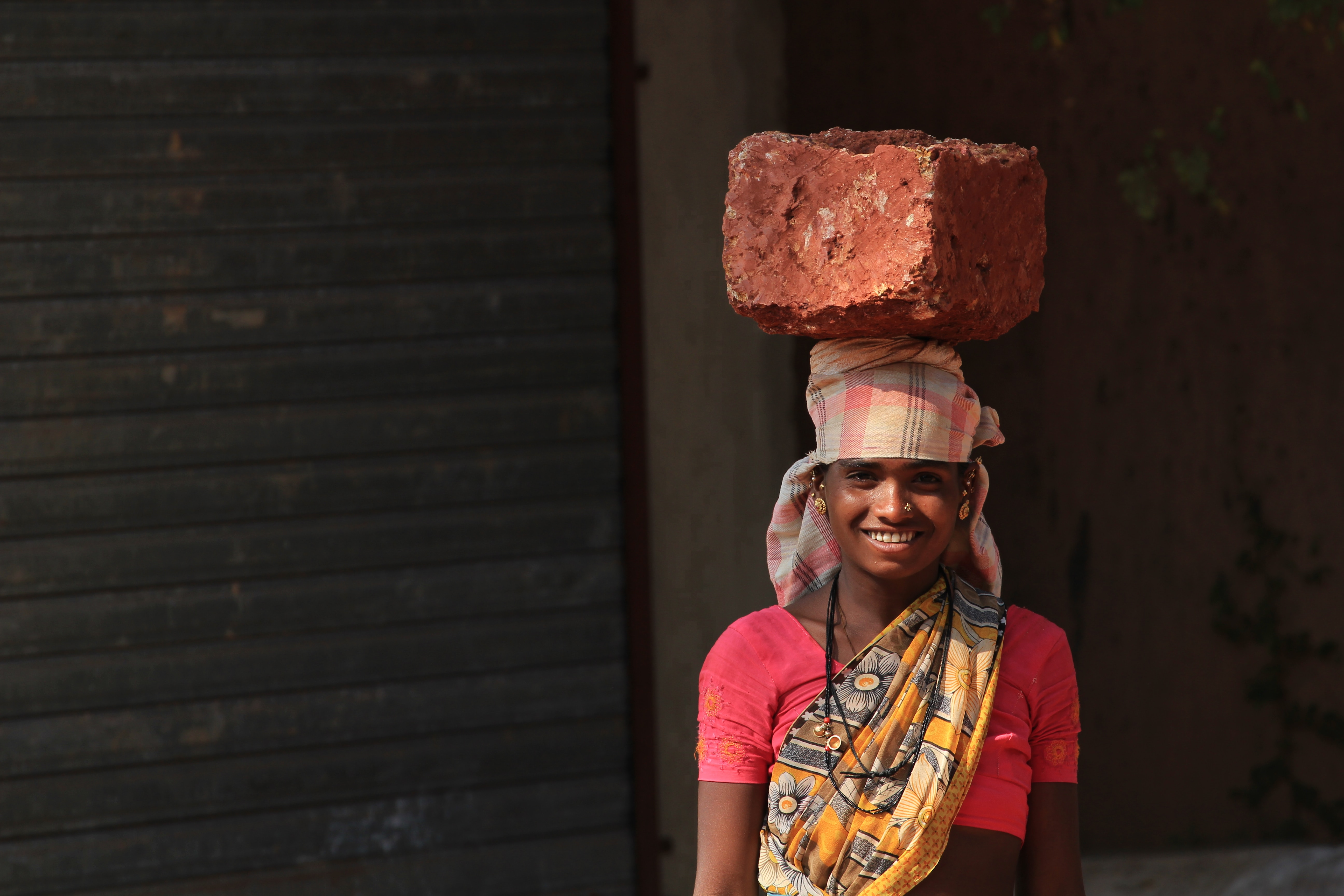Pradeep’s father is retired government personnel. Before his retirement, he was guilty of neglecting his family over his professional commitments. However, he always thought that he would make up for the lost time during his retirement years.
The first two days went well, spending times with his grandchildren, who had their holidays going on. Two days later, these didn’t look the same. His grandchildren used to be busy over their phones.
Perplexed, and a lifetime opposer of electronic devices, he thought – maybe it was time he learned to use a smartphone. He went and asked his grandchildren on how to use WhatsApp. Since age had taken a toll on him, he couldn’t catch the things they taught him.
He gave up on the idea. Meanwhile, he remembered how he had promised himself about reading books after he had retired. But adding to his dismay, he found that he had broken his glasses. He asked Pradeep to get it repaired while coming back from office. One day passed, two days passed, a week passed. His son said he couldn’t find time to help him with the spectacles, and that he should look for something new online.
Also Read: Doordarshan Classic Shows on Netflix and Amazon Prime
Who would explain Pradeep about his father’s inability to understand these technological juggernauts that everyone is so used to? Maybe time would.
The above story is not only of Pradeep’s father but of more than ten million similar elderly people in India who find it hard to cope up with ever-increasing dependence on technology. Not that they cannot learn it, but their cognitive skills are not sharp enough to catch it at a pace that young people of today have.
The biggest paradox that India is facing since independence is not only the underutilized demographic dividend of the country but also the puzzle of improving health indicators and hence aged population.
In 1950, life expectancy at birth in India was a mere 36.6 years, while today, it has reached the mark of 67.5 years.
This not only means that we are improving as far as more people living a higher age is concerned; it also means that the number of people who are becoming “dependent citizens” are increasing.
Who are “dependent citizens”?
Imagine yourself as a 15-year-old boy who has just completed high school and is looking to enter some college. Does your father demand money from you to earn bread for the family? He brings food himself so that you can eat. This makes you a dependent person.
Similarly, most persons between the age of 0-15 and 60 and above, who don’t have any source of income but depend on someone else for their food and shelter, are called dependent population. But while the concept of “investing” in young lads is promoted, the older ones are just considered a liability on the family.
What’s the main concern?
The problem of the aging population is not a new concept to India alone. Countries like Japan are facing chronic aging since the past decade and are fearing loss due to the ever increasing older population, and the decreasing interest in getting married or having kids. Thus, the advancing age of the community puts up a lot of issues to be looked after.
With India being home to over 100 million elderly, a number that is going to increase threefold in the next two decades, the challenges we are looking upon are many :
1. Elder “Abuse” :
With specific differences in cities, these are quite common among all social classes. The elderly are wilfully harmed, usually by a known in the family, to make sure they get fed up of the daily bullying and leave all the earnings to them, walk off to an old aged home and never come back. In addition to this, the elderly suffer from mental and emotional abuse as well. Is this what our culture teaches us to be?
2. Economic dependency:
Most elders are either in the phase of retirement or are too old to get a new job. Moreover, in this age of fierce competition and technology-driven economy, it becomes challenging to gain skills relevant for the present times.
Adding to this, a lack of awareness of rights and entitlements like pensions and inheritance rights make them a victim of property fraud by their people!
3. Chronic Failing Health:

We start to die the day we are born. Aging becomes synonymous to failing health. Adding to the misery is the fact that while the young population in India dies due to infectious diseases, the older population dies out of non-communicable conditions.
In addition to this, lack of accessibility to health care services, issues with traveling, high out of the pocket expenditure on health measure, and ailing healthcare services from the Government makes them vulnerable to deteriorating health at a time when they need such services the most!
4. Lack of Emotional Support :
Let’s face it; everyone needs to have a partner with whom one can share his/her jows and sorrows. And at a time when sorrows and memories are the only way one spends time, the elder needs moral and emotional support.
But isolated and nuclear families, rising frustration and workload among the young, lack of partner at an old age, loneliness and city life isolation – all of it accumulates and leads to a tragic deterioration of the quality of life.
5. Fear!
Let’s face it – we all have some inner fears, and it escalates quicker when you have less to do and more time to think. Whether it is rational or irrational, it still is a relevant problem faced by senior citizens in India today and hence needs a careful examination.
6. Mental Illness :
While mental illness is talked about so much, we often tend to neglect it among the group, which is the biggest victim of this illness. Mental illness is generally stereotyped with lack of cognitive abilities to talk or even perform smaller tasks with ease. But this isn’t always the case. Mental illness is a real issue, and it needs much more dialogue than what is being practiced currently in this country.
What can be done?
India’s older population is going to increase dramatically over the next few decades. UN DESA projects India to have 19% of its population above the age by 2050. This calls for a slew of measures that need to be taken to be able to tackle the issues accompanying a dependent population. While measures like Health and Post Retirement benefits in the form of Pensions is desirable, there are certain schemes which need to be highlighted in the Indian context.
Pradhan Mantri Vaya Vandana Yojana is emerging as a savings instrument with a fixed return of 8% per annum for the bought government bond. However, due to the abysmally low turn out of genuine investors, the scheme needs to get a structural turn around. May be more lucrative investment options would do the trick.
Similarly, the Vyoshri Yojana provides instrument based assistance for ailing old people in the form of hearing devices, spectacles and others. This helps in curbing the out of pocket expenditure which is usually incurred by the ageing population.
The next in line comes the scheme for the 60+ population belonging to the BPL (Below Poverty Line) family. The National Pension Scheme for older persons and Annapurna Scheme provides for both monetary assistance and as well as subsidised food supply through Public Distribution System. The coverage for the old aged population stands at 34% of the BPL old aged but better efforts needs to be done utilising SECC 2011 data and integrating it with the Census 2011.
Furthermore, the most interesting judgement upheld by the judiciary in the recent times is about the mandatory protection and caring of the parents aged more than 60 by the children, failing which there are penal provisions. Maintenance Act 2007 was further passed to legislate the judicial pronouncement.
To address the issues like failing health, it is of utmost importance that health services specific to older population are provided. National Programme for Health Care of the Elderly (NPHCE) is the step in right direction.
Health Services need to be preventive and include measures keeping in mind the various types of diseases the older people are affected by.
Also, the cost of the services needs to be borne by the Government, taking support from national and international NGOs working in the field of healthcare of elders. Corporate houses must promote Corporate Social Responsibility (CSR) activities in particular to those concerning elders.
Economic Security to the older group is like a basic necessity which can be provided to them in return of them sharing their skill set with the younger population who is going to join the workforce in the coming times, under the Skill Indian Mission. Further, rehabilitation, community, and home-based disability support should also be provided to the elderly, holistically.
Again, the essential thing that needs to be done is to sensitize community leaders to talk more on the issue of elderly neglect, especially in schools and workplaces. In extreme situations, legal actions must also be taken to reduce or prevent any abuse incurred on the elders.
Elders who suffer from the old-age fear syndrome need to be assured, counselled, and taken care of. In case they need any medication or treatment, it needs to be provided under preventive measures taken by the Government.
Aren’t Elderly a resource?
The older adults are our blessing and not a burden. Rather than letting them go through physical and mental trauma, they should be taken care of separately. They should be integrated into the lives of communities when they can themselves contribute to improving the social living conditions of society. Vietnam’s Model of Community Network on Elders needs to be promoted for this.
We are not the economy of robots as being predicted by “Industry 4.0”. Instead, we are the community of values – the values that our elders have always taught us, which we sadly seem to be forgetting. Pradeep is old now; he cannot read the book his father used to read when he was old. He needs a glass repair. Maybe his children would help now or he himself has ensured that his life post retirement is well taken care off through his savings.
To read about more such issues that India is presently stay glued to Yeh Hai India










